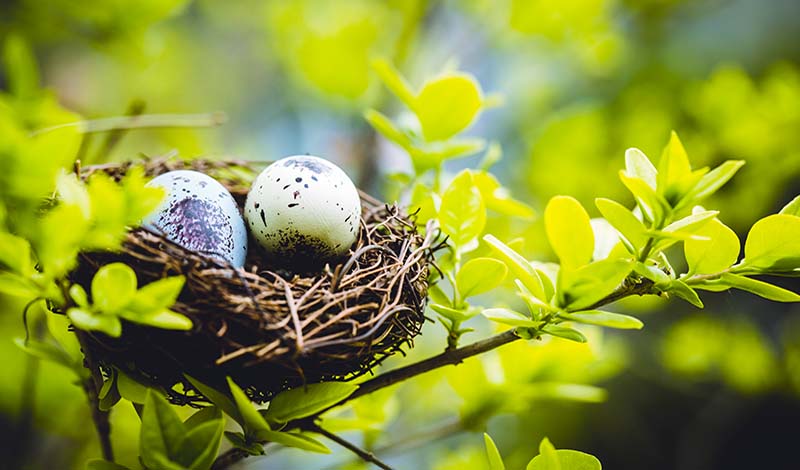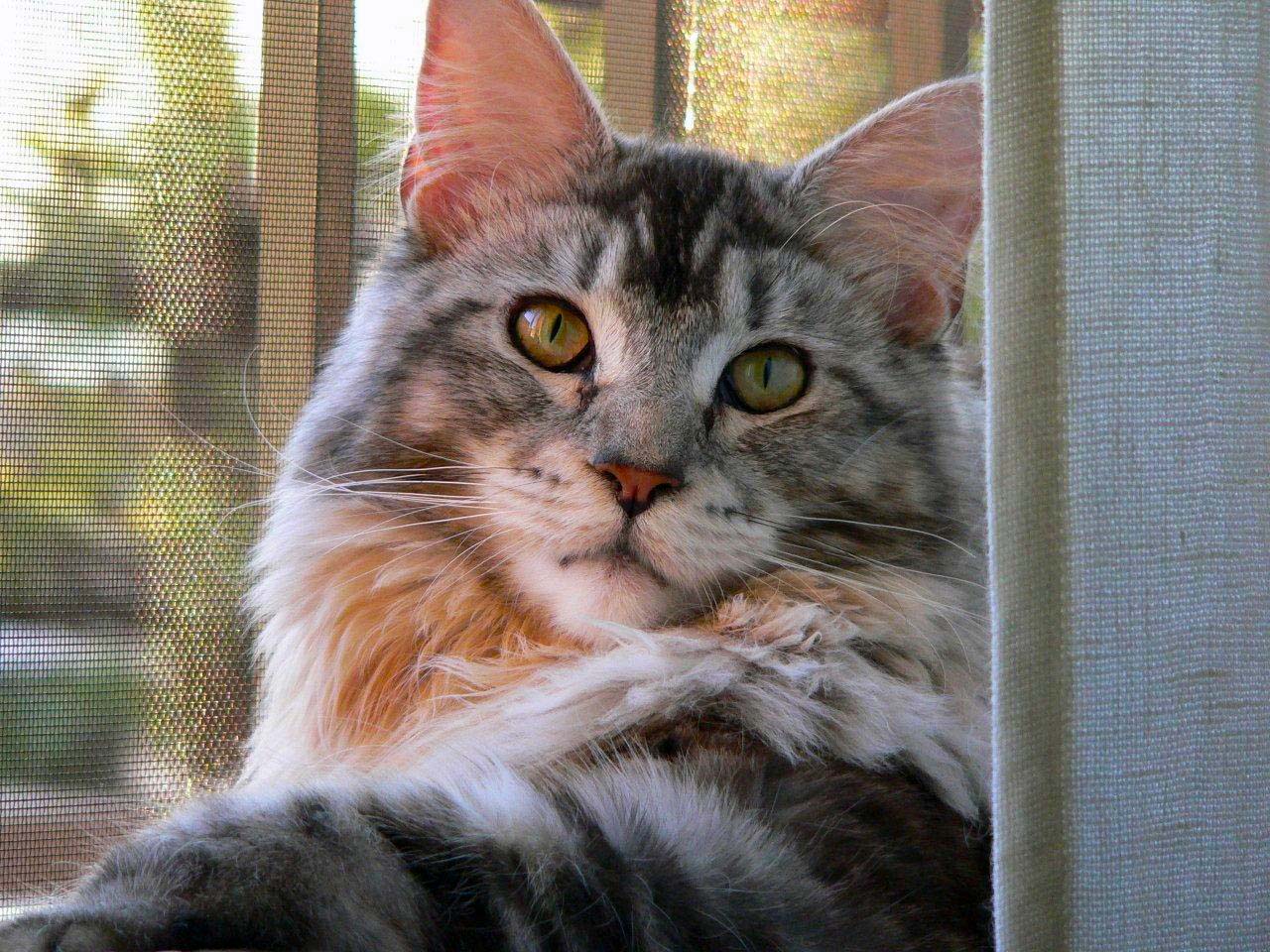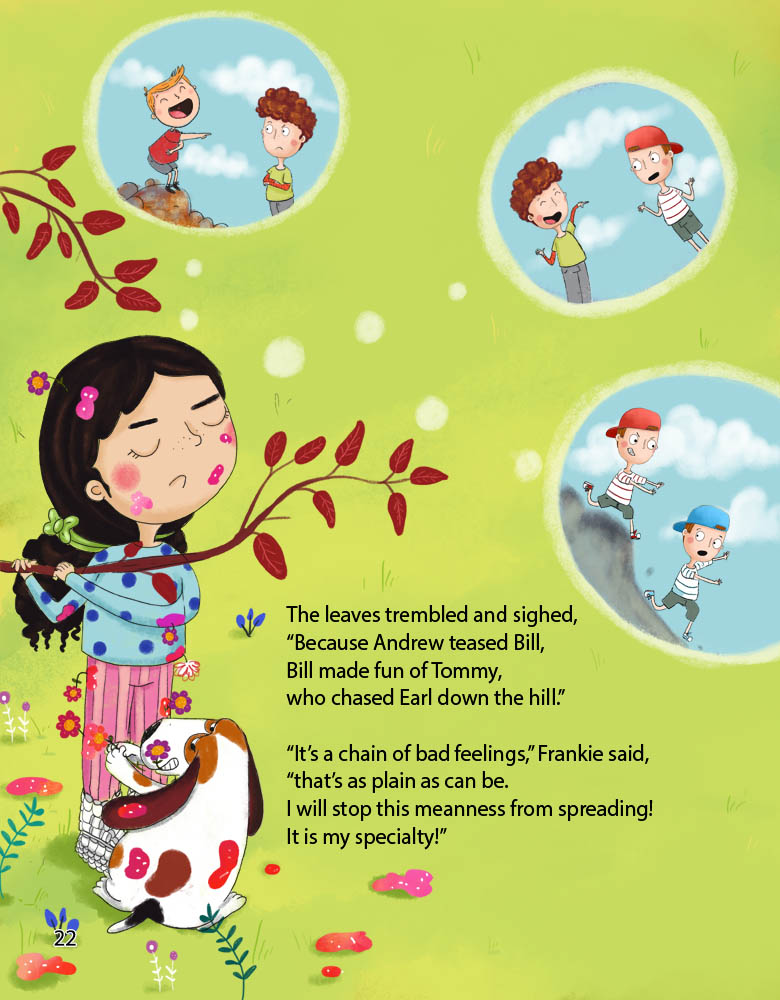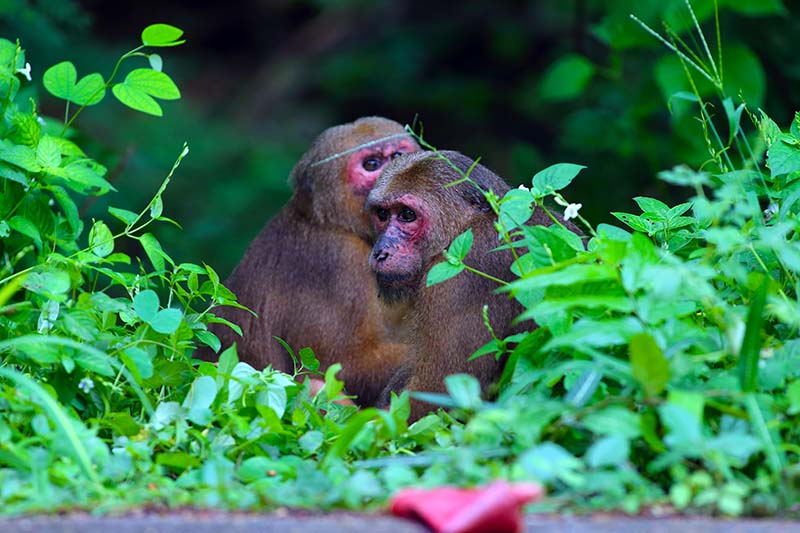1.5-minute read
Where on Earth do you feel most at home? Are you a card-carrying urbanite, or do you have more of an affinity for big skies, fragrant forests, and babbling brooks? If you feel the most essential you-ness of you in nature, according to a new study, you may have been born that way.
Researchers investigating whether the desire to seek connections with the natural world is partly heritable have found the first evidence of a genetic influence on an individual’s preference for the great out there. A survey of 1153 pairs of identical and fraternal twins between the ages of 19 and 89 revealed that the identical twins shared the same inclination to pursue experiences in nature despite differences in their individual environments. Study participants who were genetically predisposed to get their nature fix were more motivated to make extra efforts to access a park, garden, or nature area.
Love of Nature: Pass It On
Whether through nature or nurture, passing on love for the living world is good for human health. The physical and psychological benefits of spending time in nature are indisputable, including reduced blood pressure and heart rate, and lower levels of anxiety and depression. Because 55% of the world’s population lives in cities with limited exposure to green space, understanding what inspires people to engage with nature is an important factor in creating healthy, urban environments that promote well-being.
Now, thanks to our planting partners at American Forests, it will be easier for city dwellers across the United States to get their fair share of nature benefits through the Tree Equity project, which aims to increase and accelerate the greening of urban areas. With a little help from our friends, Favorite World Press is creating more opportunities for everyone to make nature a part of their daily lives.
If you’d like to learn more about the innate human inclination to connect with the natural world and what it really means to be green, we highly recommend Biophilia by the father of biodiversity, Edward O. Wilson.




















































